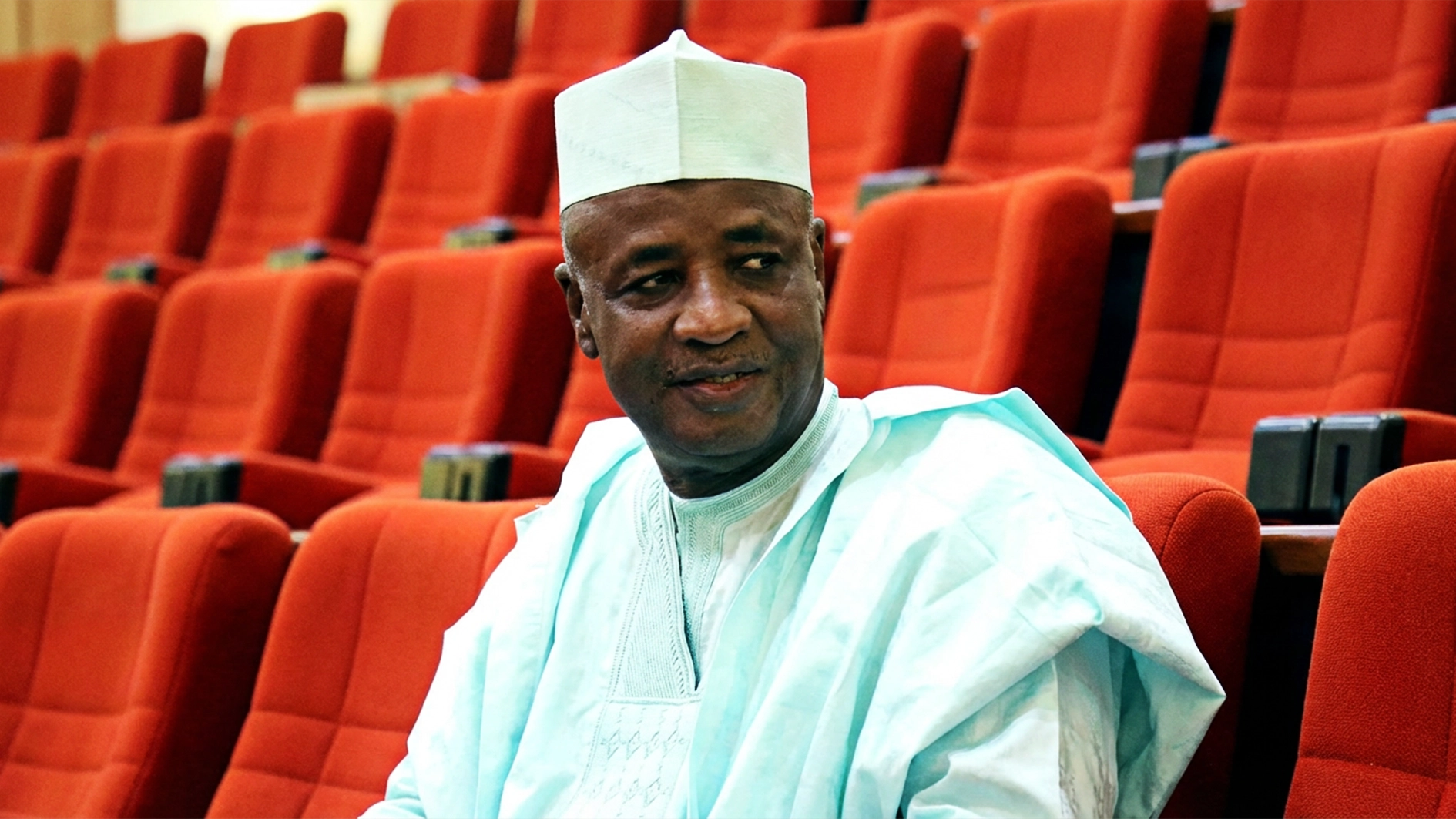The five-day US-Africa Business Summit in Luanda, Angola has come and gone, but the memory and lessons learnt will remain a foundational work-plan towards changing the narrative about Africa’s development and the continent’s business relationship with the United States of America.
The summit, which took place between June 23-27, 2025, was hosted by the Government of Angola but organised by the Corporate Council on Africa. Florie Liser, the President and CEO of the Corporate Council on Africa (CCA), spoke during the opening ceremony and set the stage for the event and welcomed high-level speakers, including heads of state and government officials.
With over 2000 participants, including US delegation of about three dozen officials led by Acting Assistant Secretary of State for African Affairs Troy Fitrell, African leaders and business executives, the summit provided ample platform for discussions around areas of collaboration and hurdles to cross.
Chairman of the Economic Council on Africa (CCA), John Olajide, built on Liser’s opening speech, revealing the opportunities that could come out of the summit for the participants.
With a patriotic zeal, Olajide spoke to figures and data about opportunities in Africa and how the summit could be a platform to address the knotty issues and turn Africa to the most economically attractive continent in the world.
In particular, the CCA Chair called the attention of the participants at the summit to the fact that Africa GDP has been growing at the global rate that surpasses the average.
He also reminded African leaders and business owners present at the event of the fact that the continent had been identified as a home to six of the top 10 economies in the world with massive business opportunities that would create value and lift both Africa and global economies.
For me, it is the fact that the US government identified well with the summit and expressed its willingness to partner with African businesses. President Donald Trump’s personal envoy whipped through the summit for high-level meetings, commercial dealmaking, and updates on the eastern Democratic Republic of Congo peace talks.
Senior Adviser for Africa, Massad Boulos joined the US delegation of about three dozen for the day as the annual gathering kicked into high gear. A half dozen African officials cycled through the US government’s tent along the Luanda bayfront throughout the day, including African Union Commission Chairman Mahamoud Ali Youssouf, the presidents of Ethiopia, Botswana, and Namibia, Eswatini’s prime minister and the trade ministers of Ghana and Mauritius.
The outgoing President of African Development Bank Group, our own Dr. Akinwumi Adesina wasn’t only in attendance, he was given an award of excellence for his contribution to Africa development. It was the only award given at the global event.
Perhaps the greatest opportunity the summit gave African leaders was the provision of a credible opportunity to open their minds to some steps being taken by the current administration in US, which were considered inimical to African growth and development.
Without mincing words, the leaders called for an urgent review of the U.S. tariffs on African exports, urging a shift towards transformative partnerships and investment in Africa’s economic potential.
Angolan President João Lourenço said: “It is time to replace the logic of aid with the logic of investment and trade.” He urged U.S. companies to diversify beyond traditional oil and mineral extraction and invest in sectors such as automotive manufacturing, shipbuilding, tourism, cement production, and steel production.
African Union Commission Chairperson Mahmoud Ali Youssouf added: “We’re not seeking aid, but building co-created solutions.” He called for the removal of punitive tariffs and visa restrictions, noting that Africa’s 1.3 billion people and abundant resources remain among the world’s most significant untapped economic opportunities.
“This should not just be a summit, but a call to action. Together, let’s walk the pathways to prosperity—with unity, purpose, and Agenda 2063 as our guide,” he told the summit.
In his remarks, Adesina said: “We should review the high tariffs on African countries. What is needed is more trade between Africa and the U.S., not less.”
African Continental Free Trade Area (AfCFTA) Secretary General Wamkele Mene reinforced Africa’s integration agenda, highlighting the importance of open regional markets. “The undertaking of the AfCFTA is an ambitious one—It has to be ambitious,” Mene said. He emphasised that the success of AfCFTA is essential to scale investment, reduce fragmentation, and accelerate industrial development across the continent.
For us at Cavista, we felt some feelings of fulfillment for being part of the highly successful conference as a lead sponsor because as a brand, we are deeply committed to making strategic investments and building business that create value and transform lives.
The sponsorship was a result of our belief that more trade, investments, and commercial engagements between the U.S. and African countries would create win-win outcomes.
As African and US leaders and business owners look forward to the next edition of the summit, I hope and wish that stakeholders in Nigeria’s public and private sectors leverage the opportunity the summit offers to showcase what we have and network deeply for more opportunities.
Olayomi is the Executive Director, Government, and External Affairs at Cavista Holdings.






